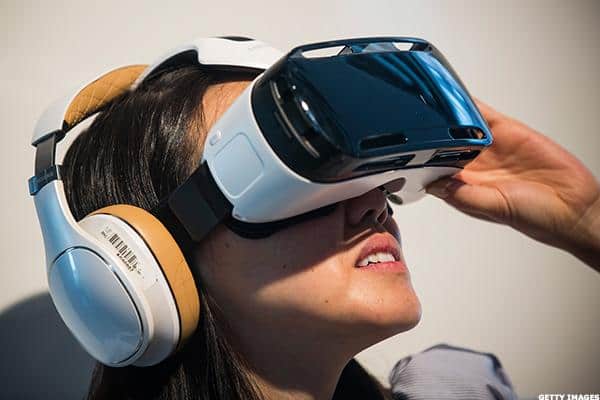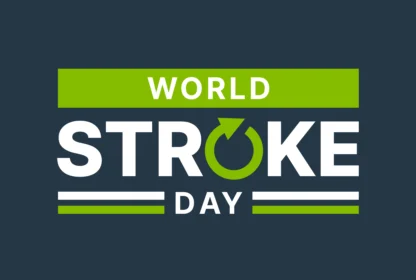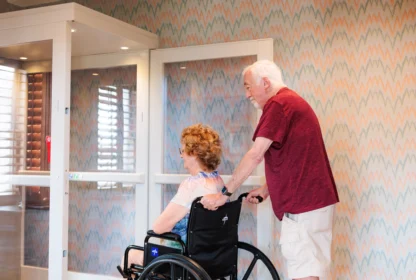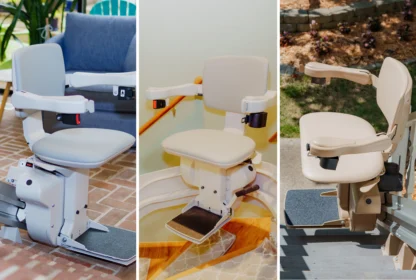
Dementia is a nasty disorder, and not in the fact that it physically deforms the people it afflicts, but rather what it does to a person’s mind. Dementia, like amnesia or Alzheimer’s, is a memory loss disease that affects an individual’s ability to remember people, places, events, and how to do menial tasks such as navigate one’s house, drive around town, or even something as simple as cleaning the dishes. Like Alzheimer’s, dementia is a progressive disease in that it slowly gets worse over time. This can be extremely difficult for families to watch their loved one’s ability to cognitively function slowly be taken away from them. I have witnessed the effects of dementia first hand, as my grandfather has had it for the past 3 years.
He has become much more confused as of late, sometimes even becoming lost in the town of which he has lived over half his life (40 years). Dementia is known to progress even further, negating a person’s ability to eat, read, bathe themselves, and even go to the bathroom. Luckily, a lot of attention is being brought to this disorder, and a unique company is providing a very different tool to combat dementia.
“Second Wind Dreams® is an internationally known, nonprofit organization dedicated to changing the perception of aging through the fulfillment of dreams and the offering of educational programs including its flagship, sensitivity training, the Virtual Dementia Tour®.”
As stated above, a company known as Second Wind Dreams has dedicated a project known as the “Virtual Dreams Tour” to understand what it’s like living with dementia. This tour is essentially a virtual reality experience, that puts the participant in the shoes of someone who has dementia. The experience attempts to alter the senses of the test taker and make simple tasks much harder to accomplish. This test has already been used in many applications, just to name a few:
- Emergency First Responders
- Police officers
- Fire fighters
- Local businesses
- Community groups
- Houses of worship
With these myriads of applications, this virtual reality simulation has no limitations. It is the closest you can get to experiencing dementia without actually developing the disorder.
As virtual reality has become more prevalent in recent years, it is nice to see more companies cashing in on this promising market. VR has been incredibly successful in the video game industry, and those of us who have experienced it can attest to the almost dream-like state it can put a person in.
If you would like to know more about this project and see if a time and date for the Virtual Reality Dementia experience is scheduled near you, visit this link: https://www.secondwind.org/virtual-dementia-tour/
Here you can learn more about the project and the people involved in it. It is well worth the click.


